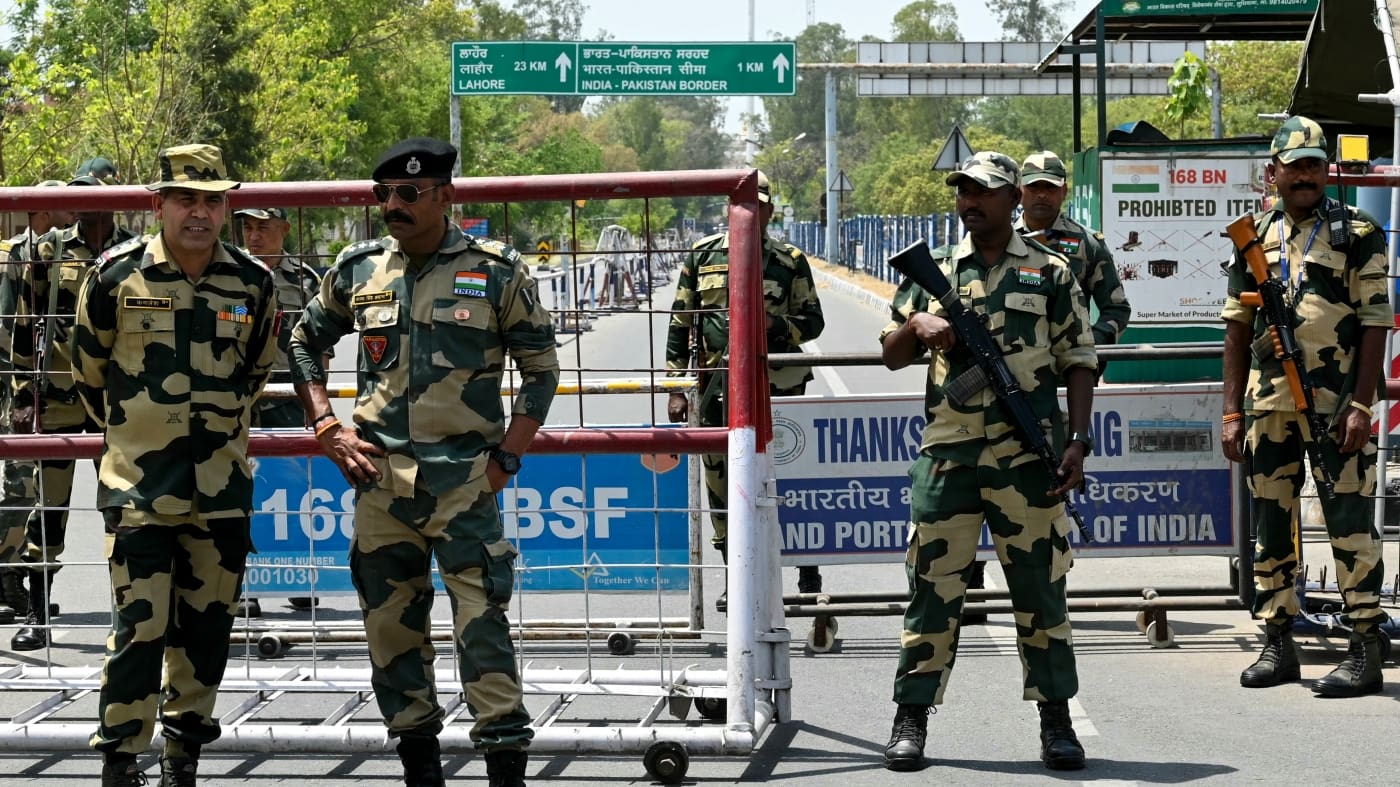Just one day following India’s decision to suspend a water-sharing treaty and downgrade diplomatic relations with Pakistan, Islamabad authorities responded by closing their airspace to Indian aircraft and brought all trade with India to a halt.
This move came amid escalating tensions between South Asia’s two nuclear-armed powers. Previous attempts at negotiation and diplomacy seem to have faltered, leaving an atmosphere of antagonism and uncertainty. This conflict was further intensified by India’s Prime Minister, Narendra Modi, who publicly pledged to pursue those behind a militant attack “to the ends of the earth”.
The entire region was plunged into anxiety, with apprehensions about the escalating conflict influencing international relations and potentially destabilizing regional balance. People are now looking to both nations’ leaders and the international community, hoping for a resolution that can ensure peace and stability.
While trade and diplomatic ties have suffered, undoubtedly causing economic and geopolitical repercussions, the closure of air space presents an immediate and tangible disruption — particularly for aviation. The suspension of Indian aircraft flights to Pakistan would affect multiple routes, potentially costing airlines thousands and impacting travellers across the globe. The impact rippled through the aviation industry, providing a stark reminder of the far-reaching implications of this ongoing conflict.

